When my husband and I moved to Cuenca, Ecuador in 2011, our plan was to create a new, fun, life adventure together. Medical emergencies, incapacitation, and end of life never even entered our minds. In other words, we were completely unprepared when all of these happened to us.
If you are living in Cuenca, or considering a move to our fair town, consider taking the seminar I have created, “ Expat Medical Emergency Preparation”.
Not a glamorous name, but this seminar will give you information you can use to build a plan for yourself and your expat friends in case of medical crises.
Based on the actual experiences of my late husband Fernando and I, this practical, boots on the ground information can help you to understand and think about how you can create a workable system that will see you through your time of need.
Take Steps Now To Be Prepared
Three months after my husband died in Cuenca, after a year of a series of medical crises, I began thinking that no one would ever want to go through what I went through, alone and without any knowledge: my husband’s massive stroke, incapacitation, four emergency hospitalizations, two emergency surgeries and the final stroke in FASEC, the nonprofit hospice care center.
That year taught me many things. I was completely unprepared to deal with the health care system here. I was unprepared to attend to the huge number of unpredictable changes in my husband’s health status and in caring for him in a changeable and foreign environment. There was also the coping and adjusting to the way things work or don’t work here. The details, stresses, decisions, and overwhelm were ever-present. Back then, I was alone dealing with all of this. Some friends helped in whatever ways they could, but it wasn’t enough. I had no knowledge, no strategy, no documents, no assistance, and very little Spanish. Our families were abroad, and no one would come to help me. I desperately needed another person by my side all the time. That never happened. [pullquote]The learning curve, the reinvention curve, and the desperation curve were steep. I literally had to figure things out in my sleep, and as I went, minute by minute.[/pullquote] If you have ever been a caregiver, you know what I mean. Caregiving in a developing country is an added bonus (a little dark humor here). We were the first in our group of friends to go through this, and it was an eye opener for all of us. Fortunately, there were several physicians on whom I could depend. They took a personal interest in us. These physicians saved my husband’s life twice, fixing the problems other doctors had created.
Your Health Is Your Concern
During the year after Fernando’s death, I began brainstorming with friends, and putting ideas together. I wrote up many lists and procedures. I began compiling strategies and organizing details.
I realized that we, as expats, must set up an informed system of guidance and support for ourselves so that others would have a better experience and outcome than we did within the healthcare system here.
In May, 2015, I was invited by Wendy Carrell to join her in speaking to an audience of expats interested in hearing about medical crises and end of life in Cuenca. It was then that I realized that a seminar with step by step information would be helpful to many people. Over time, this seminar, “ Expat Medical Emergency Preparation”, and the workbook were born. The seminars I give are dedicated to the memory of Fernando Raphael Paez Navarrete, my late husband, U.S. and Ecuadorian citizen, U.S. Army Veteran, and successful businessman.
Whats Covered In The Seminar?
The seminar, Expat Medical Emergency Preparation, contains the following topics and resources:
[color-box color=”gray”]
- A list of ten steps, your “to do list” to complete now to prepare yourself.
- Steps to take in the event of an emergency. This is a guide you can turn to when a medical emergency presents itself.
- Assisted Living, Palliative and Hospice Care resource guide.
- End of Life information, including steps to take to register a death with the Ecuadorian and U.S. authorities.
- List of local resources that expats have found helpful, from doctors to physical therapists to medical supplies.
- Workbook with worksheet you can use:
- Medical history form
- Poder worksheet considerations
- 5 wishes worksheet
- Confidential data worksheet for power of attorney
- Needs assessment worksheet
- In-hospital care provider contact list
- Questions for my specialist and caregivers while in hospital
- Questions for my doctor after I have left the hospital
- Planning the hospital discharge
- Definitions of terms that may be unfamiliar to you
[/color-box]
10 Steps to Complete Prior to Medical Emergency or Hospitalization
- Meet with a U.S. trained R.N. in Cuenca and complete a medical history form.
- With your R.N. consultant, select a primary care physician.
- Complete your Declaracion document with an Ecuadorian attorney.
- Choose 2 or 3 people in your new country to whom you will give Power of Attorney, for general and medical decision-making.
- Organize your Power of Attorney thoughts, and then complete the documents with an Ecuadorian attorney.
- Locate a verbal translator.
- Locate 2-3 service-oriented, reliable and caring taxi drivers.
- Set up a group of 10-15 reliable expat friends for mutual assistance and support in times of need.
- Start thinking about setting up a co-housing residence with your new friends for mutual benefit.
- Begin learning the language of your new country.
[color-box color= “green”]The next seminar will be offered November 3, 9-11 am at Vegetable Bar, 3 de Noviembre y Jacaranda, in Gringolandia. The seminar is by RSVP only due to space limitations. Write to [email protected] and let Miriam know how many in your party. Cost of the seminar is $10. Please bring exact change.[/color-box]

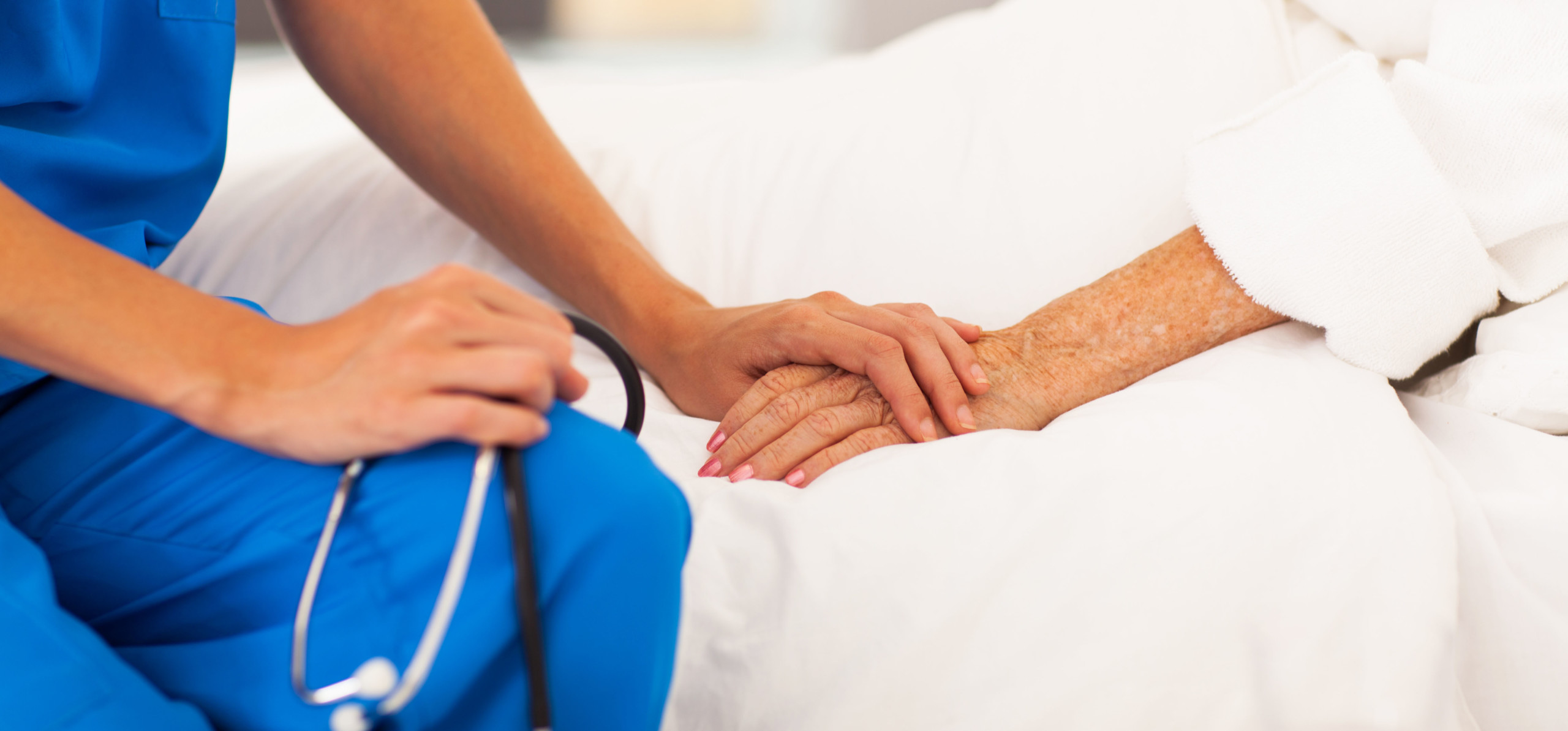


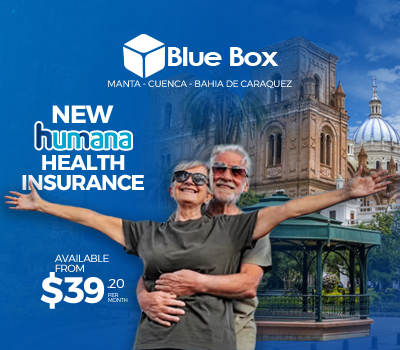

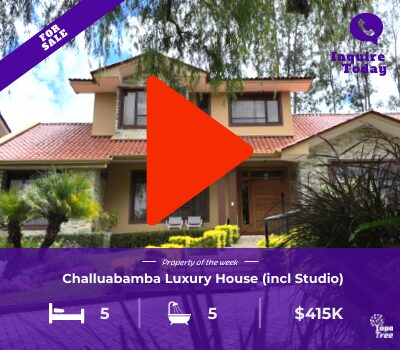

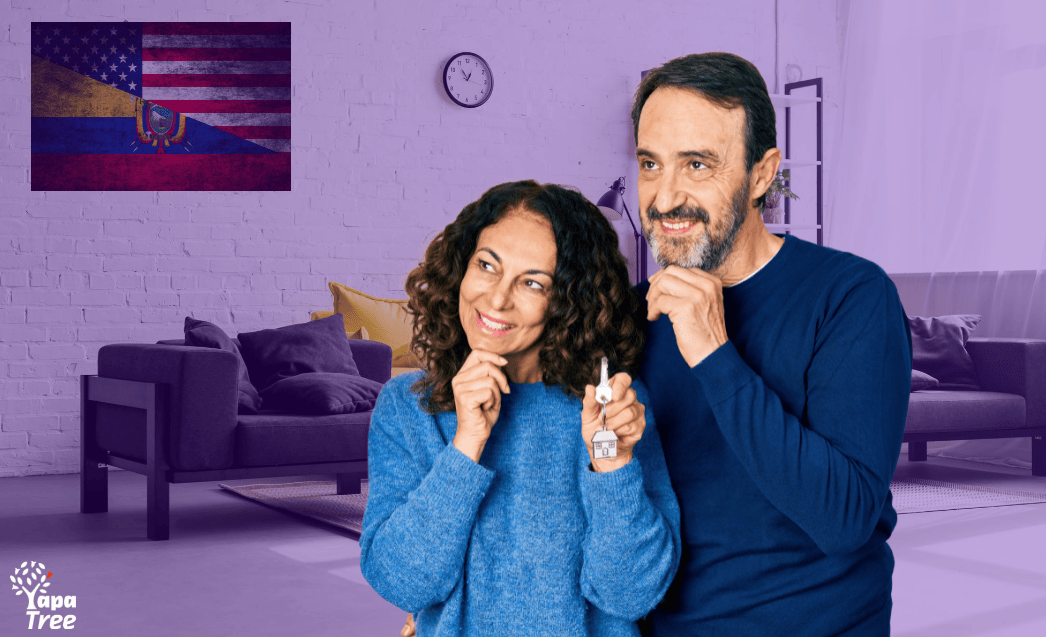

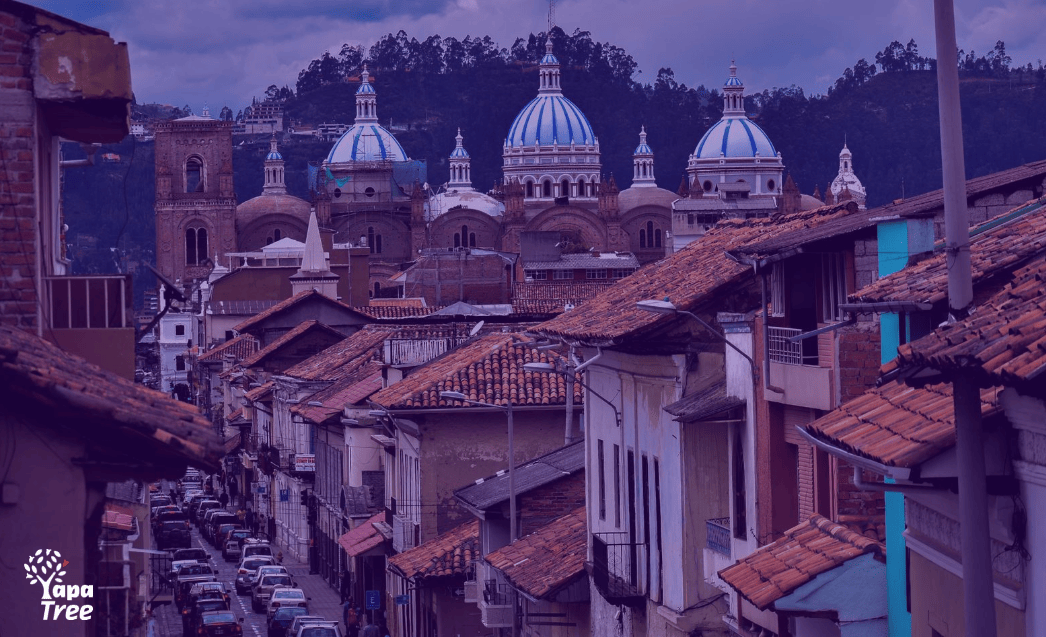
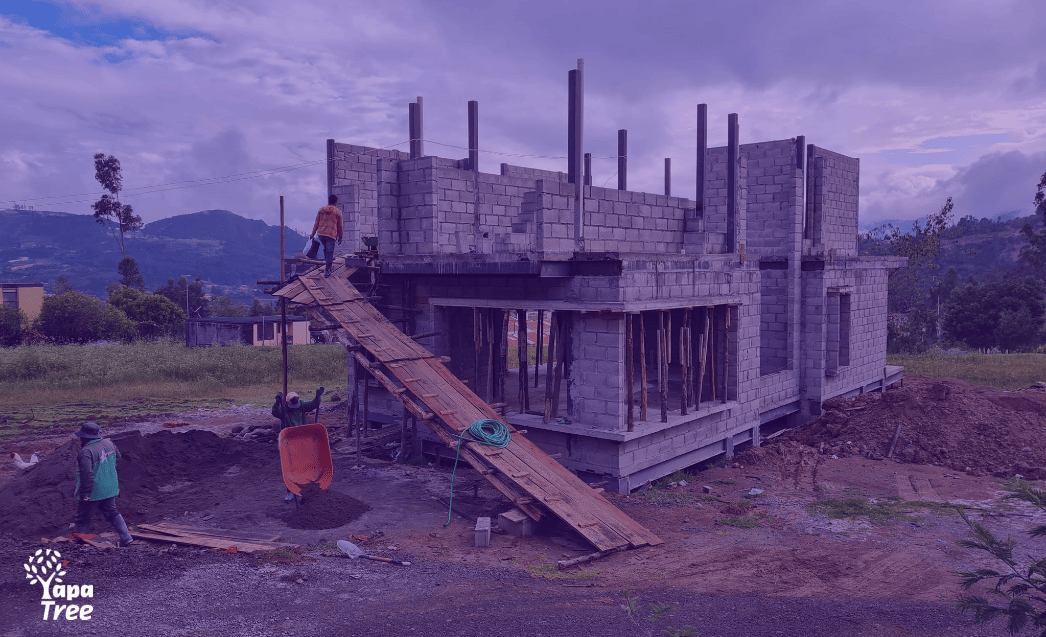
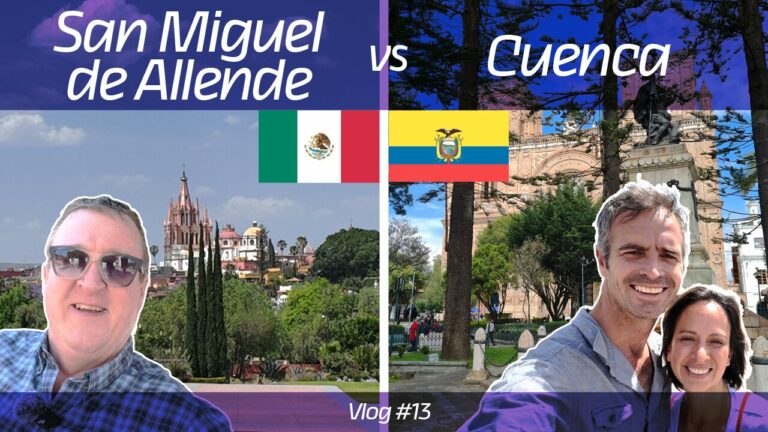
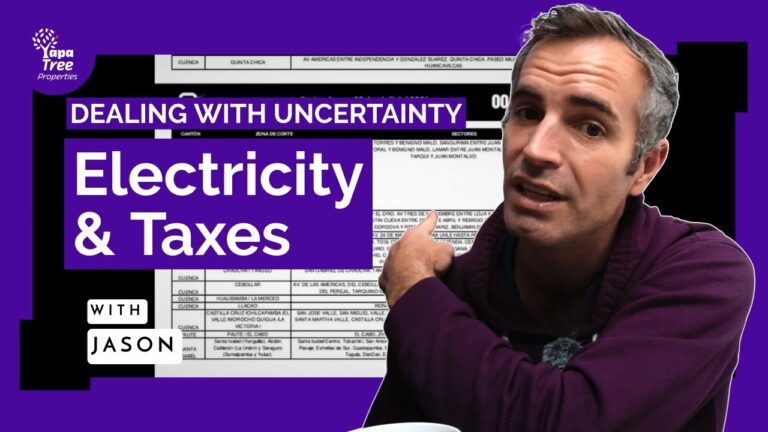
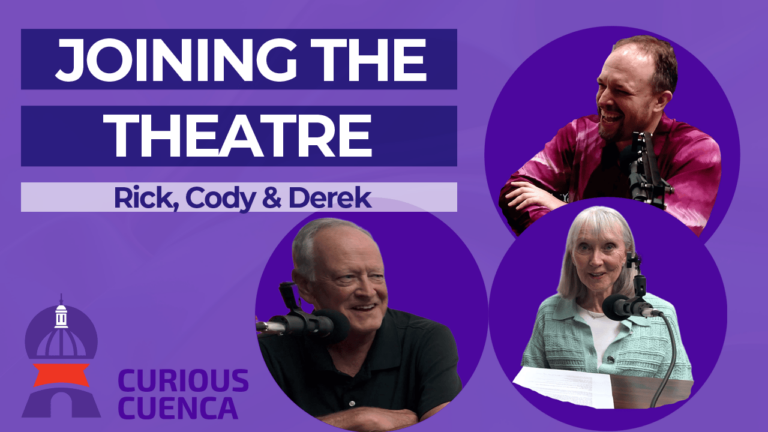
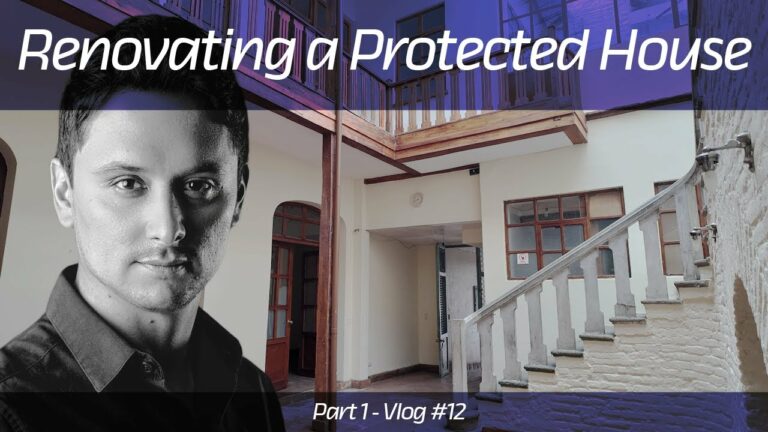
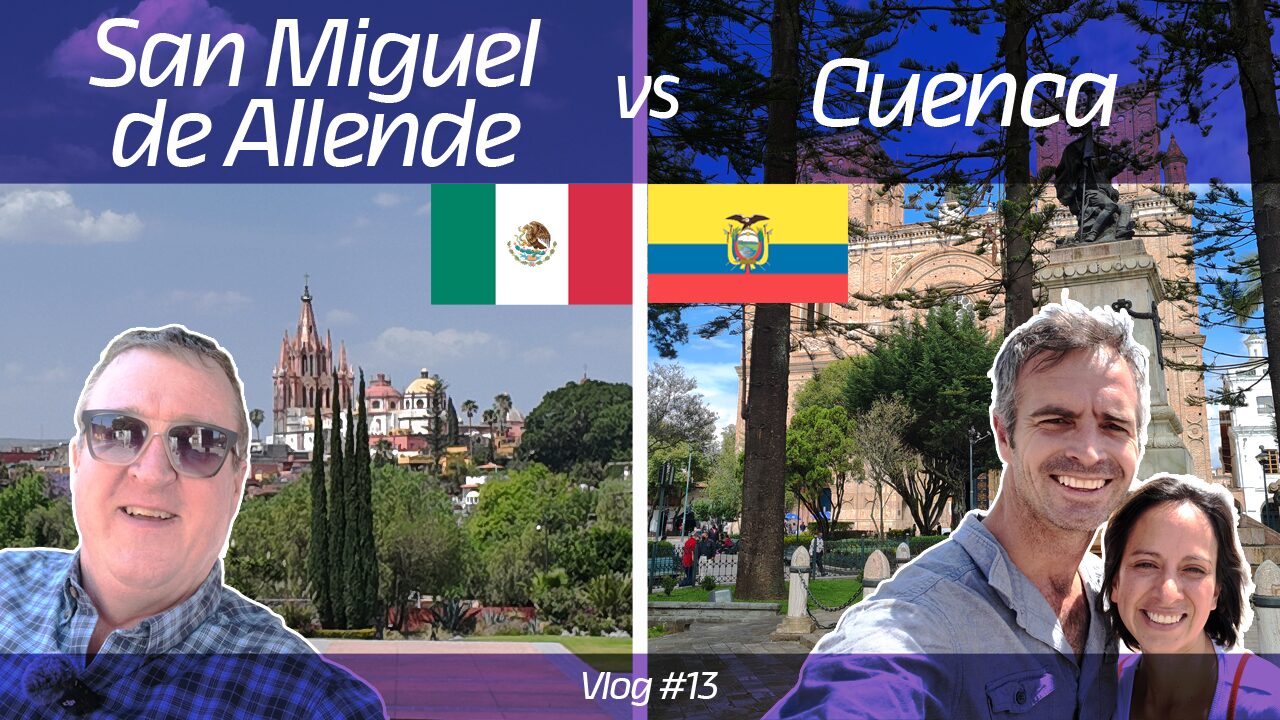
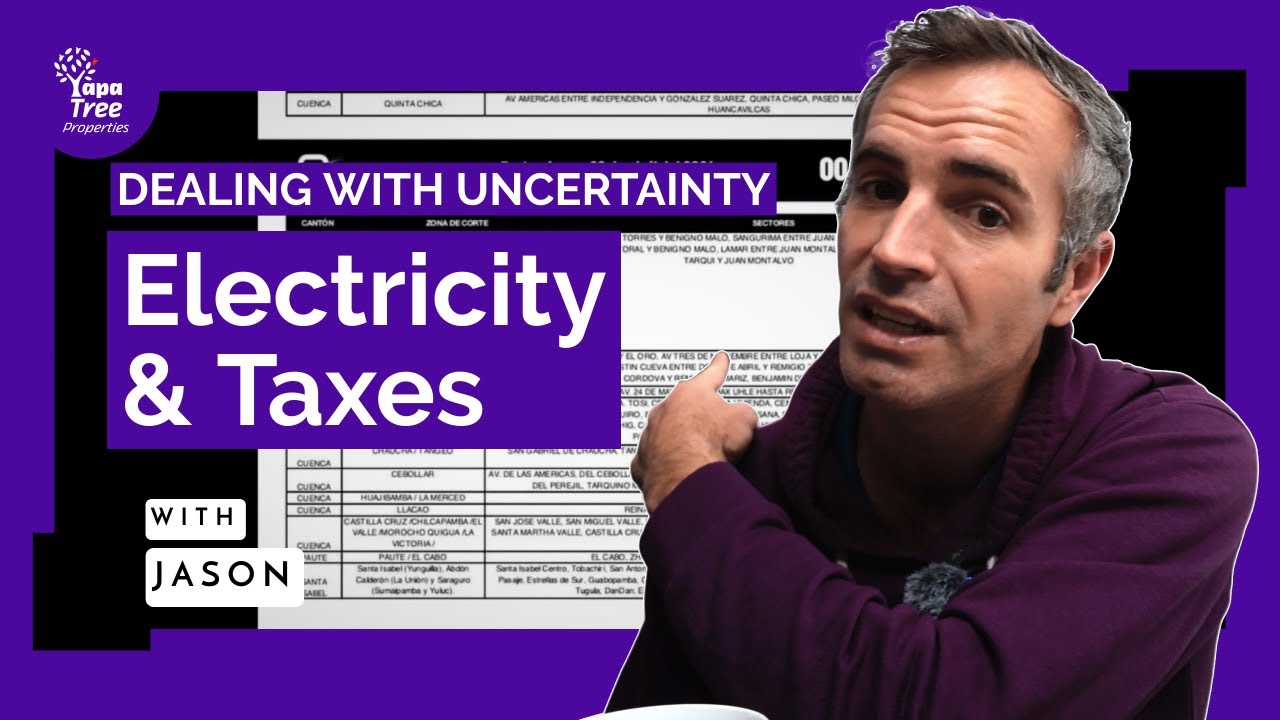
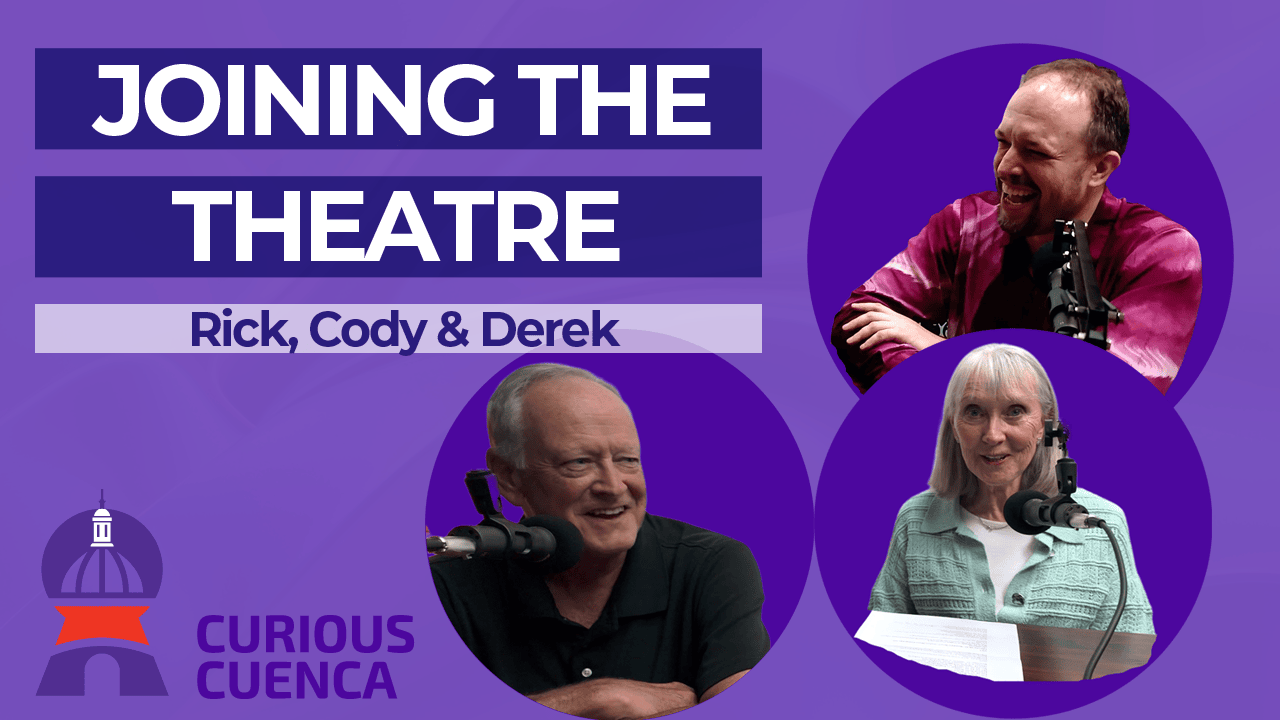
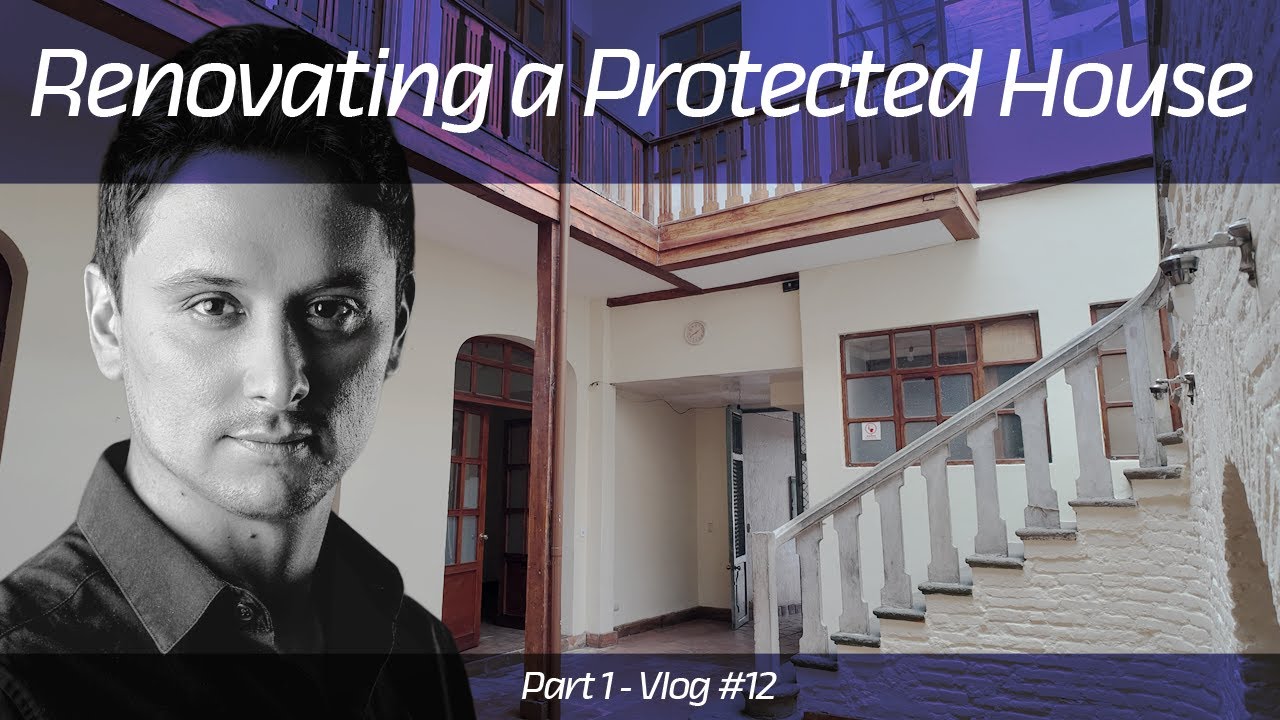
6 Responses
Such an important topic — and not just for ex pats. My parents always seemed to assume they would die together and made no preparations. My mother was basically totally paralyzed the last year of her life because of an arrogant doctor’s error. I helped both parents navigate the myriad of bureaucracies to try to get both of them help. No way my dad could have dealt with it on his own. We eekp talking about moving to Cuenca — we visited and liked it — and may become parttime residents. When we do, we will definitely sign up for this! Have you thought about self-publishing with Amazon or someone else? I would buy in a heartbeat. Perhaps, also include an emergency bilingual medical dictionary. 🙂
Best wishes.
Absolutely a great idea seeing that most North Americans are NOT in good health and when they finally decide to head South, they are pretty far down the road in terms of degenerative disease, which the Ecuadorian healthcare system is not so well acquainted with. That, and the fact that, most northerners think they will never die for one reason or another. Additionally, when one considers the very different funeral customs of Ecuador when compared to the US or Canada, and that moving the body of the deceased ‘back home’ is a nightmare of its own, this workshop is a must. I myself am a retired doctor and have lived in Cuenca. Miriam, keep up the good work.
I certainly agree with Carol! I would buy an ebook or print version on this subject matter as soon as it is published. Moving to Cuenca next year at retirement age, both my husband and I are not only possible candidates for needing this material, but our adult daughter, who is coming with us, needs to have the information available to her, as well.
My husband and I would attend a seminar of this nature when we move to Cuenca next summer. I hope you are still offering them!
Dear friends,
Thank you for your comments, suggestions and encouragement. The workbook is available on Amazon Kindle Select. For members of Kindle Select, the book is a free download. The seminar is offered 3 or 4 times a year, and I intend to continue offering the seminar as long as there is interest. Thank you so much for your comments!
You can email me if you would like to buy a downloaded version of the manual for $15. Just send me a note and I can offer you details on the process of purchasing the workbook. [email protected]
Many of us who arrive healthy, and fit, are not prepared, nor aware of the long term effects that the higher altitude has on your body. The lower levels of atmospheric oxygen at high altitude causes hypoxia – lower amount of oxygen in your blood cells which causes a variety of further health complications. In addition we have experienced over a dozen fellow expats die in Ecuador due to inadequate facilities, medical incompetancy, or error.